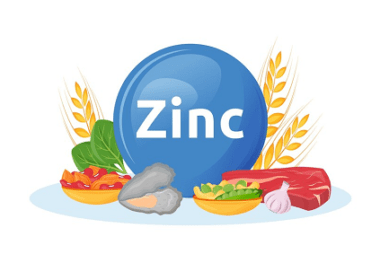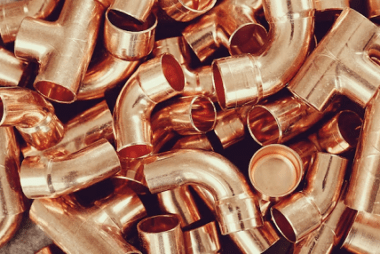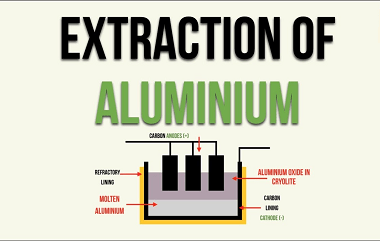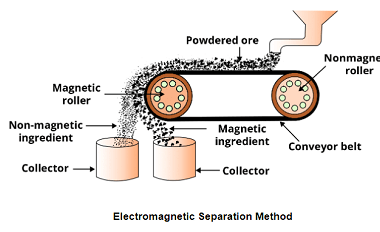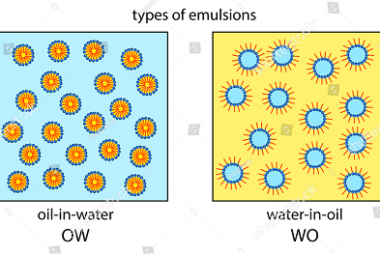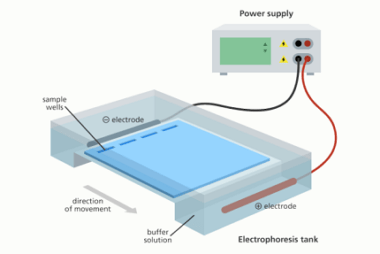Crash Course AIIMS-SYLLABUS Chemistry syllabus Iron
Iron The AIIMS (All India Institute of Medical Sciences) entrance exam syllabus for Chemistry does not specifically mention an in-depth study of iron. However, the subject of iron and its compounds is an important topic in chemistry. Here is a brief overview of the relevant aspects of iron that you might come across in your…


